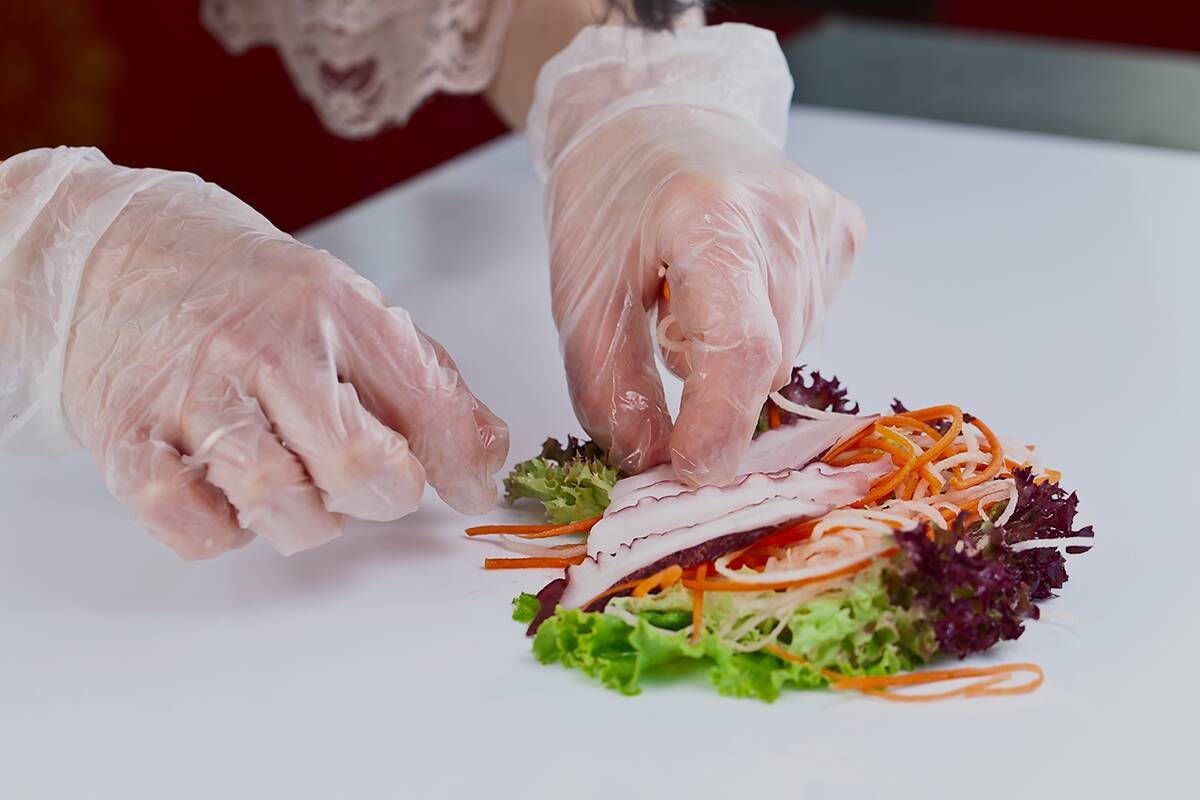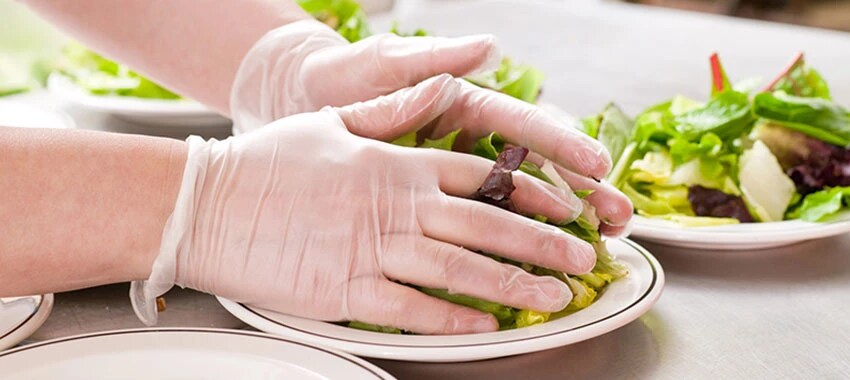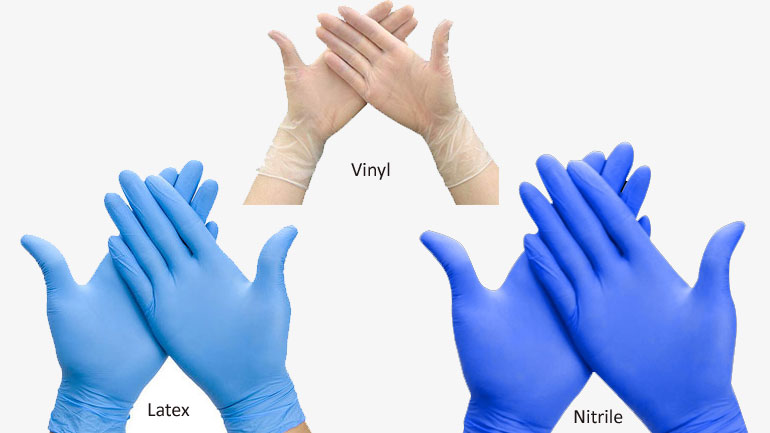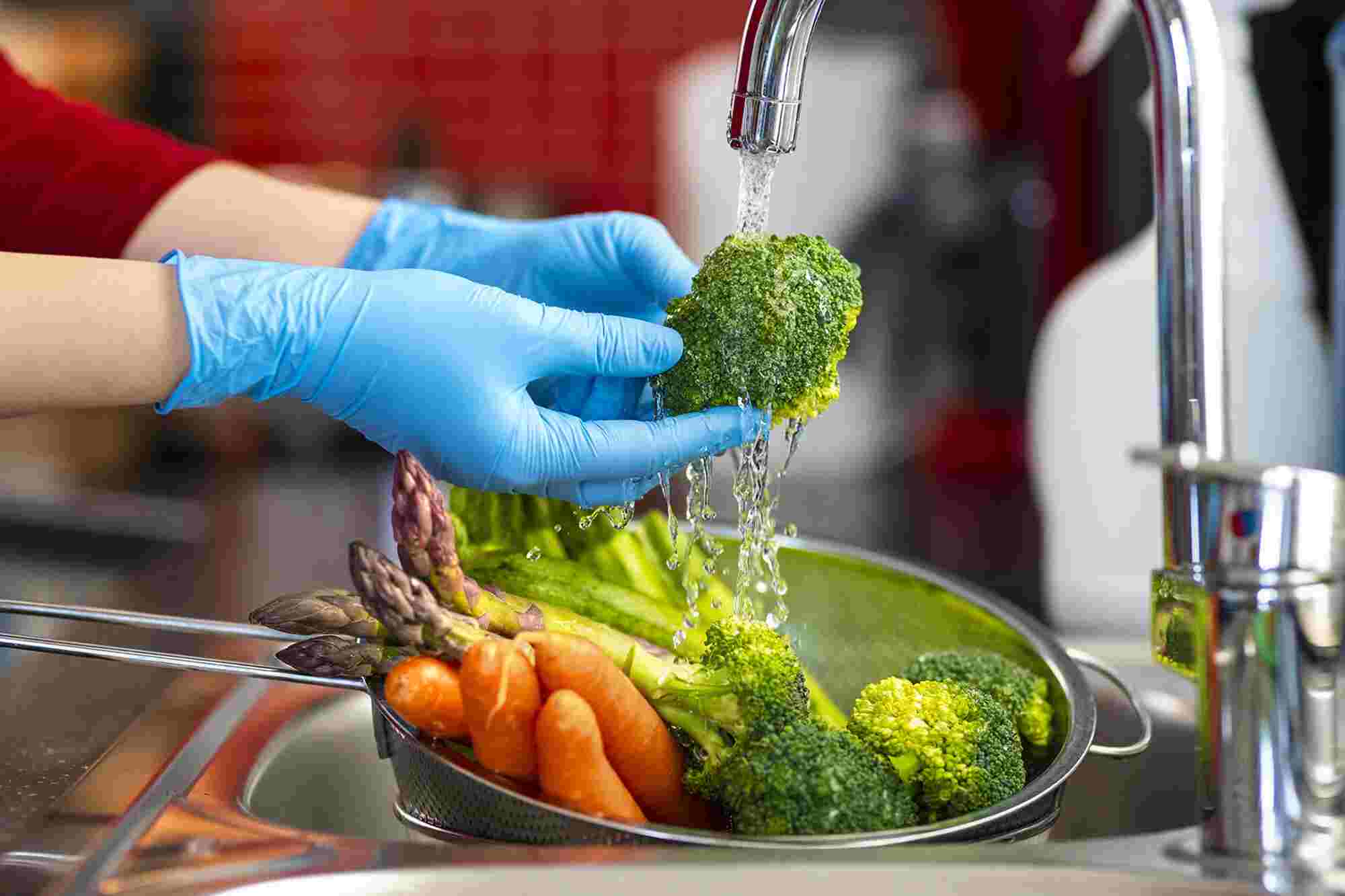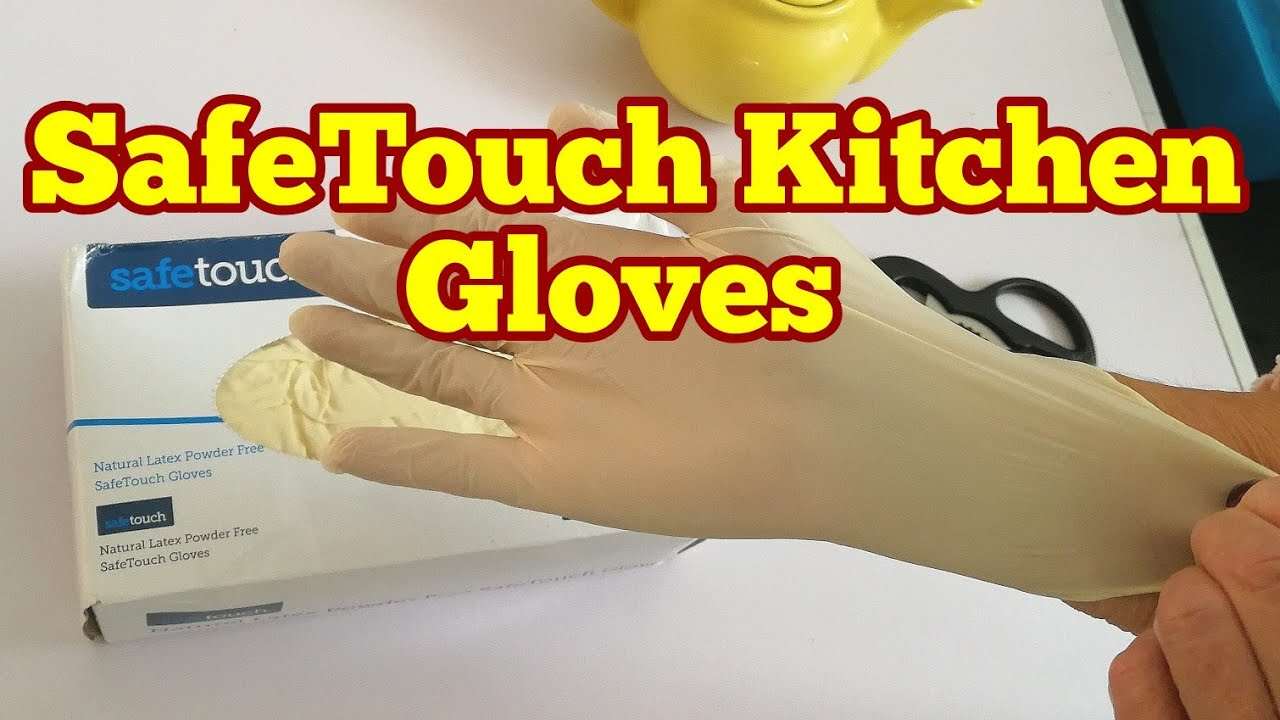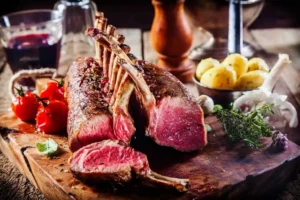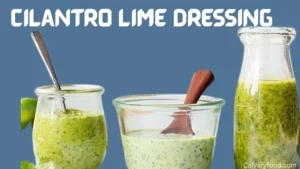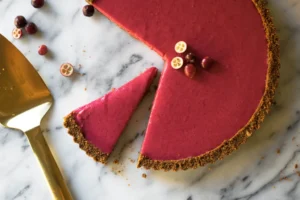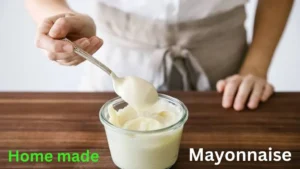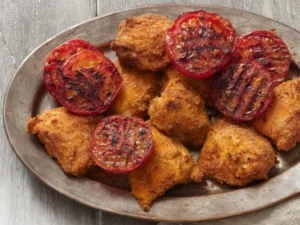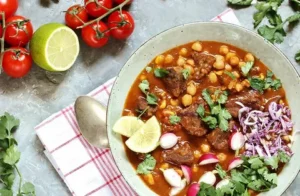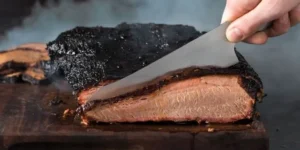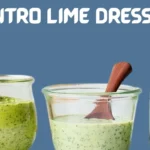While prepping meals or baking treats, the usage of gloves offers an extra layer of hygienic protection. However, the commonplace family vinyl gloves food regularly discovered in stores might not be as food safe as many expect.
This in intensity look at the pros and cons of vinyl gloves targets to shed mild on whether they may be genuinely the great kitchen glove choice.
What Are Vinyl Gloves And The Way Do They Vary From Latex
Vinyl gloves are made from polyvinyl chloride (%) plastic plc. Is used to make the gloves bendy and durable for repeated use. Vinyl gloves food have become a popular choice for food service and home cooking partly due to latex allergies. An estimated 1-6% of the population has a latex allergy.
Latex gloves are created from natural rubber trees which some find more breathable and less likely to cause skin reactions than vinyl. However, for latex allergic individuals, vinyl provided an alternative for a long time.
Are Vinyl Gloves Really Food Safe? The Debate Over Safety
There is ongoing debate within the scientific community around vinyl glove safety for food applications. While PVC itself is considered non toxic by regulators, some studies show phthalates and other chemical plasticizers added to vinyl can potentially leach or migrate into the food during preparation, storage, or even while wearing the gloves.
Chemicals like diethylhexyl phthalate (DEHP) are added to PVC to make it pliable like latex but are not covalently bonded to the material. Depending on conditions like heat, oil/fat contact, or repeated wearing and washing, traces of these chemicals could potentially transfer to hands and subsequently to food.
Phthalates are suspected endocrine disruptors and long term exposure may correlate with health issues like reproductive problems and birth defects. For this reason, many toy and medical companies have phased out PVC use. However, vinyl gloves remain widely used in commercial and consumer food preparation applications.
The FDA has not officially approved vinyl as a food contact substance. Their stance is that while PVC itself may be non toxic, there is insufficient data to determine if leaching of plasticizers poses any risk. They did not ban vinyl gloves but decline to call them “food safe.”
Are There Safer Alternatives To Vinyl Gloves For The Kitchen
Given these concerns, natural rubber latex and synthetic nitrile are generally considered safer options for food use. Both latex and nitrile gloves are cleared by the FDA as indirect food additives, signifying their significantly reduced risk of chemical leaching versus vinyl in incidental food contact scenarios.
Latex gloves remain very breathable and form fitting like a second skin but cannot be worn by those with latex allergies. Nitrile offers a synthetic hypoallergenic alternative to latex, retaining its flexibility even when wet. Some top brands for quality nitrile gloves include Ansell, Kimberly Clark, and Simpered.
For latex, trusted brands include Best Choice Products, Good Way, and Mudguard. Nitrile and latex gloves can be found at most supermarkets and pharmacy chains. Sizes range from Small to X Large to fit a variety of hand widths. For those on a budget, Amazon also carries well reviewed nitrile and latex options starting around $10-15 per box of 100 gloves.
Frequently Asked Questions About Vinyl Gloves Food
What type of gloves are food-safe?
Latex, vinyl, nitrile and synthetic latex alternatives.
Can you handle meat with vinyl gloves?
Vinyl gloves are an excellent choice for food prep.
Is vinyl safe for food?
No.
When not to use vinyl gloves?
Vinyl gloves can begin leaking as soon as they are donned.
Are vinyl gloves better than latex?
Vinyl disposable gloves.
Conclusion Of Vinyl Gloves Food
While vinyl gloves are convenient and cheap, their status as an indirect food additive without formal approval raises legitimate concerns. For most home cooks and bakers, nitrile or latex gloves provide peace of mind as FDA sanctioned safer choices, especially when choosing a trusted brand.
Those seeking the most minimal risk of chemical exposure in food handling applications would be best to opt for the natural latex or synthetic nitrile over PVC vinyl. Further research is still needed but avoidance of direct contact seems prudent as a precaution.
